Ikhlaq Sidhu. Dean of IE School of Science and Technology.
Ikhlaq Sidhu joined the LawAhead Center to offer an enlightening session on ‘CHAT GPT and its Impact on Law Firms.’ During this gathering, Ikhlaq delved into the implications of CHAT GPT in the legal industry, enabling participants to understand how this technology is shaping work and efficiency in law firms and to explore strategies to adapt to this change.
The session covered various key aspects related to ChatGPT and its implementation in the legal domain. It highlighted ChatGPT’s quick responsiveness, providing answers in approximately 30 seconds owing to its transformer-based architecture specifically designed to predict the next word in a sequence of words.
The process of generating responses by ChatGPT was explained in detail, emphasizing its ability to comprehend and generate coherent text on diverse legal topics using attention and contextual techniques. It also addressed ChatGPT’s capabilities and limitations, underscoring its ability to offer contextually relevant responses while acknowledging the possibility of providing incorrect information due to the limitations of data-driven learning.
The presentation included an introduction to the basic functioning of ChatGPT, highlighting its transformer-based structure and its focus on predicting words in sequences. Additionally, it explored important aspects such as the need for human supervision and review given the possibility of incorrect responses.
The session not only centered on the technology itself but also showcased practical examples of how artificial intelligence can be applied in the legal domain, illustrating specific cases and legal concepts enhanced by the integration of technologies. It discussed the synergy between artificial intelligence and the web in the legal context, exploring how these technologies can collaborate to enhance efficiency and decision-making in law firms.
In summary, the session provided a comprehensive overview of ChatGPT, from its capabilities to critical considerations about its limitations. It highlighted the transformative potential of artificial intelligence in legal practice, emphasizing the importance of supervision and understanding the scope and limitations of this emerging technology.
